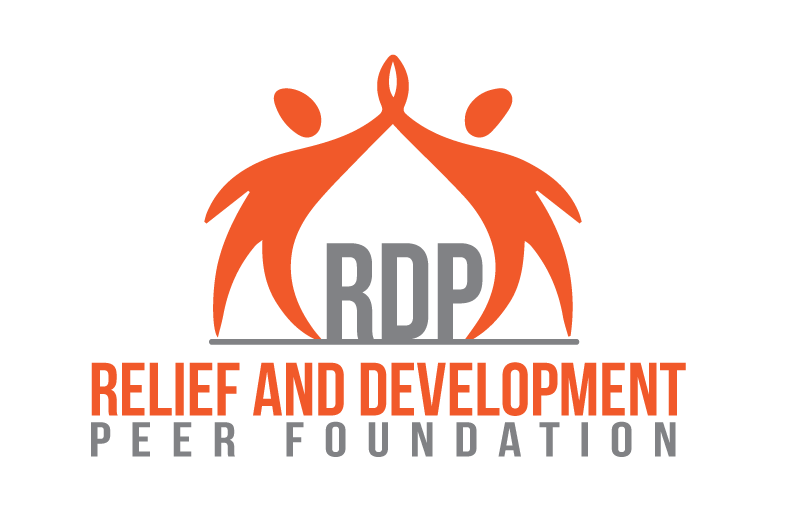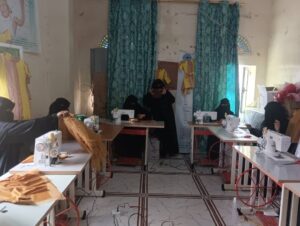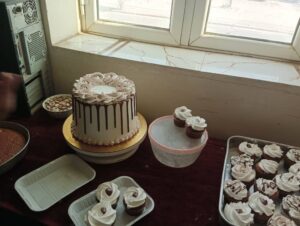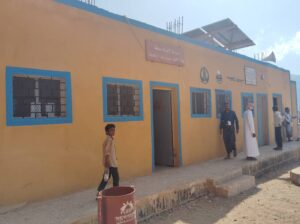Forcibly Displaced Families No Longer Live with Food Insecurity!
Yemen, the poorest country in the Middle East, has been overwhelmed by a humanitarian crisis that deteriorates by the day. Of all countries in the world, Yemen is facing a crisis of economic inequality at a scale never before seen. Unfortunately, millions of Yemeni people have become unable to afford food in order to feed their families.
In Bajil district, there have been hundreds of forcibly displaced families settling from neighboring areas due to internal conflicts. The situation is tragic for these families who suffer from food insecurity and lack the most basic necessities of life. These families were displaced to remote places where the basic services are not available to escape from the war danger. Women and children suffer in particular in these situations, as there is no healthy place to sleep, no bathroom, and no clean water.

Hadi Naji Ahmed Abdullah, a 43-year-old man -has 4 sons and 4 daughters- was accustomed to live with his 11 family members in Haradh city before the conflict started. He fled in August 2016 to Bajil district and found himself with his family in this poor camp which lacks the basic needs to live a normal life. He said: “I struggled a lot on how to get little food for my children as I go every morning to work in the city to earn a little money to buy some bread and yogurt for my family. My wife also goes to collect leftovers from restaurants to feed our hungry kids and save them from malnutrition.”
Hadi added: “After I was targeted in the emergency food security and livelihoods project, supported by Sign of Hope (SoH), I received in-kind food assistance for six consecutive months. I was able to provide enough food for my family. I went to work in the city to provide my family with other life needs. Besides, my wife no longer goes to look for leftovers and she stays at home to take good care of our kids.”
“My wife and I managed to save some money during the past period and allocate a place next to our tent and we are planting some millet and watermelon and we are also raising some chickens.” He continued happily.
“I am very grateful for your life-saving assistance to me and my family, you changed our lives a lot.”



